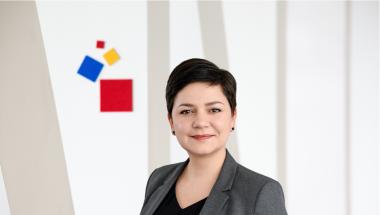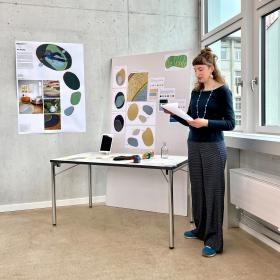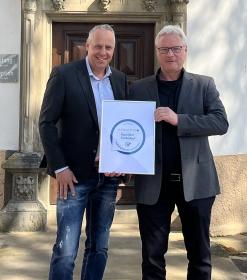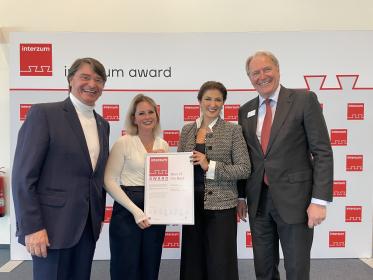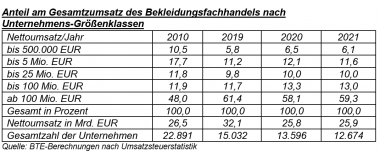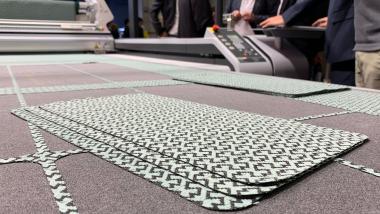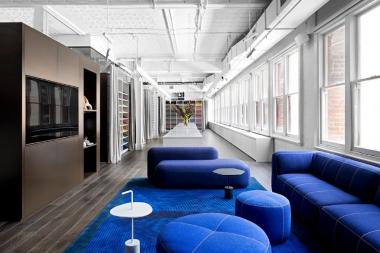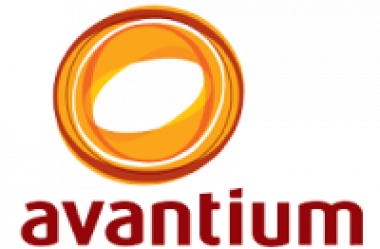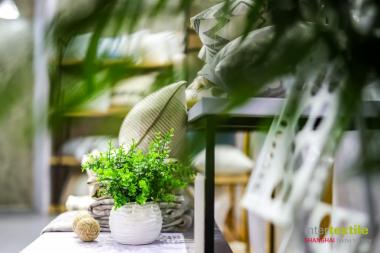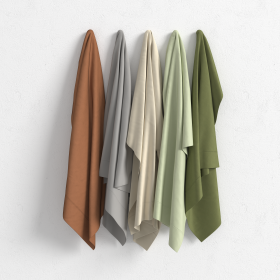Heimtextil: Margit Herberth neue Leitung für die Haustextilien
Personalwechsel bei der Heimtextil: Margit Herberth verantwortet ab 1. September 2023 das Segment der Haustextilien der Heimtextil und bildet gemeinsam mit Bettina Bär zukünftig die neue Doppelspitze der Leitmesse für Wohn- und Objekttextilien. Herberth, zuvor Marketingleitung Consumer Goods / Multimedia & Data bei der Messe Frankfurt, folgt auf Meike Kern, die nach 22 Jahren das Unternehmen aus eigenem Entschluss verlässt und eine neue berufliche Herausforderung annimmt.
Margit Herberth verantwortet künftig das Segment der Haustextilien und damit das Marken- und Private Label-Ausstellerangebot an Bettwaren, Bettwäsche, Badtextilien, Tisch- und Küchenwäsche, Matratzen, Schlafsystemen, Wohnaccessoires, Decken, Kissen sowie Maschinen für die Textilverarbeitung. Wichtige Aufgaben sind der weitere Ausbau der Content- und Rahmenprogramme im Bereich textiler Nachhaltigkeit sowie eine stärkere Internationalisierung der Heimtextil Conference Sleep & More.
Herberth verfügt über mehr als zehnjährige Vertriebsexpertise als Senior Sales Managerin für die internationalen Konsumgütermessen Beautyworld, Hair & Beauty und Christmasworld der Messe Frankfurt. Seit 2018 leitete sie als Director Marketing Communications sämtliche Marketingaktivitäten für die Marken Paperworld, Christmasworld sowie Creativeworld und verantwortete die Gestaltung der globalen Brand-Kampagnen im Konsumgüterbereich, beispielsweise für die Beautyworld.
Messe Frankfurt Exhibition GmbH


